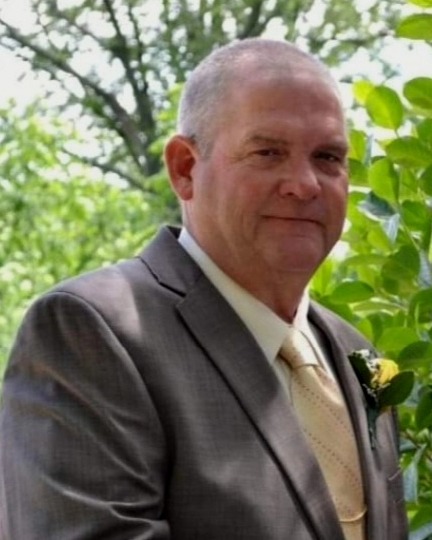What about eight? Would you be brave enough, confident enough to raise eight children, six of whom are adopted...or care for as many as 19 foster children over seven years? Well, that's just what Myles and Teresa Reck took on, and they've had no regrets.
I spoke with them today about their experiences being foster and adoptive parents, and what they shared brought a new perspective to fostering that I hadn't considered before. Having known several foster parents over the years, I had to believe that taking on children in the foster care system was more of a strain and difficulty than it was worth, especially when it came to dealing with the system: caseworkers, lawyers, court, and the parents. But listening to Myles and Teresa speak of their experiences gave me a whole new point of view on what I now see as a blessing for both the parents whose children have been placed in the system and the families who care for these children. It's all a matter of how you look at the situation and how much love you share with both the children and their parents.
Teresa and Myles always wanted a large family; but when that wasn't possible (they had two children of their own at the time), they looked for other ways to fill that desire. After taking care of adults for several years, they stepped into foster care quite by accident and found their "large family" through fostering 19 children and adopting six.
Myles and Teresa were somewhat different than most foster parents in several ways, and their success with the children proved their methods to be sound. One of the things they did was to not only allow the parents frequent visits with the children (except in the case of DHS special restrictions), but they also often invited the parents and grandparents into their home for those visits.
"Most foster homes want nothing to do with the parents (of the foster children)," Myles said. "We were kind of the opposite.
"We didn't want the kids to lose the relationship with their parents," he continued, " and they have the right to love their biological parents just as much as they have the right to love us..."
“…you can only have healthy children in this world if they are loved.”
"A lot of these parents really love their children, "added Teresa." They just were never taught the skills to take care of them; or, they don't have the ability, whether it be mentally, physically, or emotionally to take care of them...We wanted these children to know that just because we are helping to raise them doesn't mean their parents don't love them, and we wanted them to love their children. I think that you can only have healthy children in this world if they are loved."
Myles summed up their philosophy like this: "If you are 'just a foster parent,' then you are just a band-aid. If you are a foster parent who allows the (biological) parents to be involved, then you're part of the community solution in helping these parents get out of the situation they are in."
I have known the Reck family for several years and have seen the love they show each other. They have their moments like all families do, especially with teenage girls in the home; but there seems to be a stronger feeling of love and belonging there that I can only contribute to the fact that these children were chosen to be a part of this family, and the faith they have in God and each other only makes that bond stronger.
For the 2-part full interview, go to PAGES, PICTURES, VIDEOS on the right and click on INTERVIEW VIDEOS.





